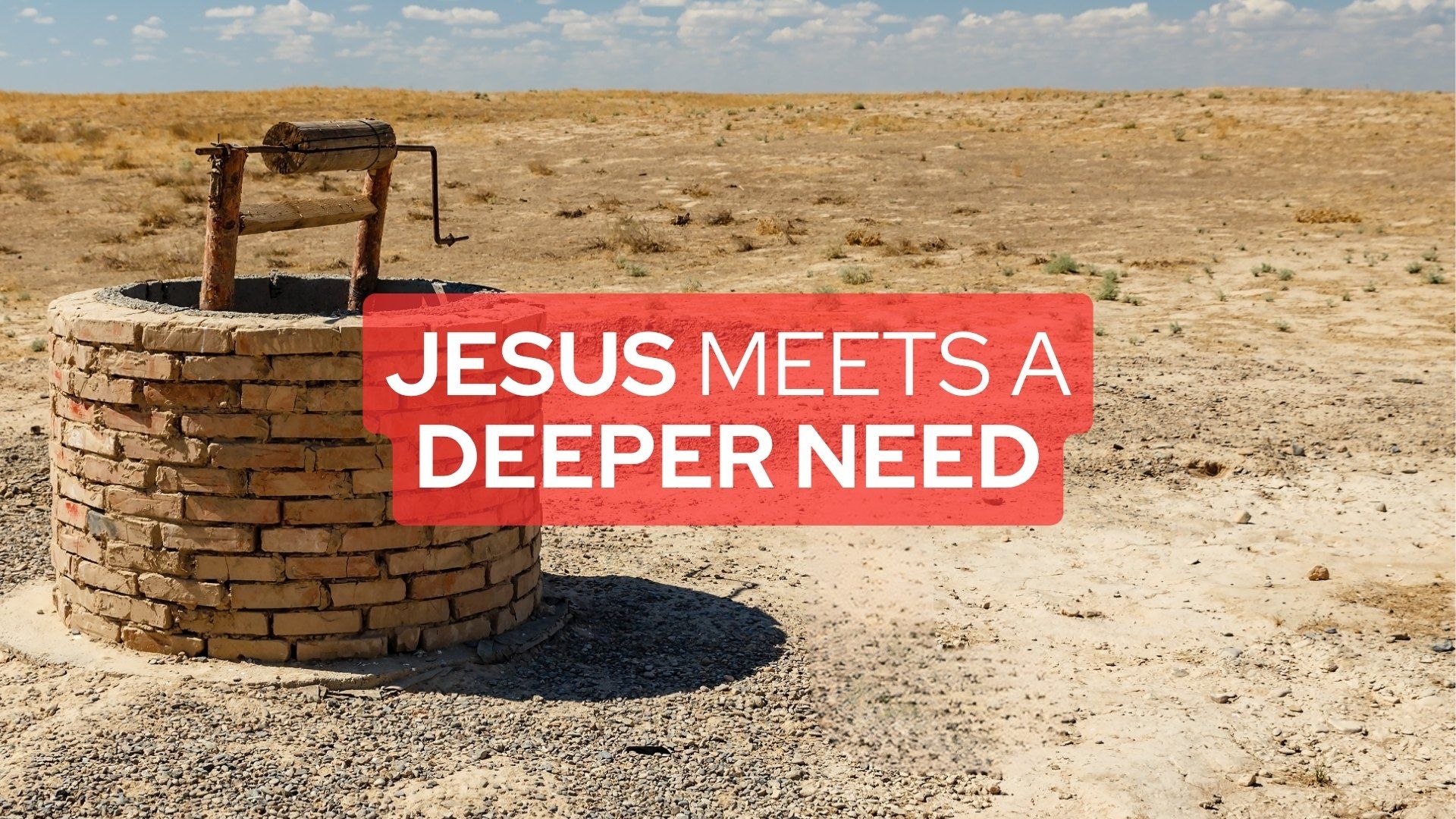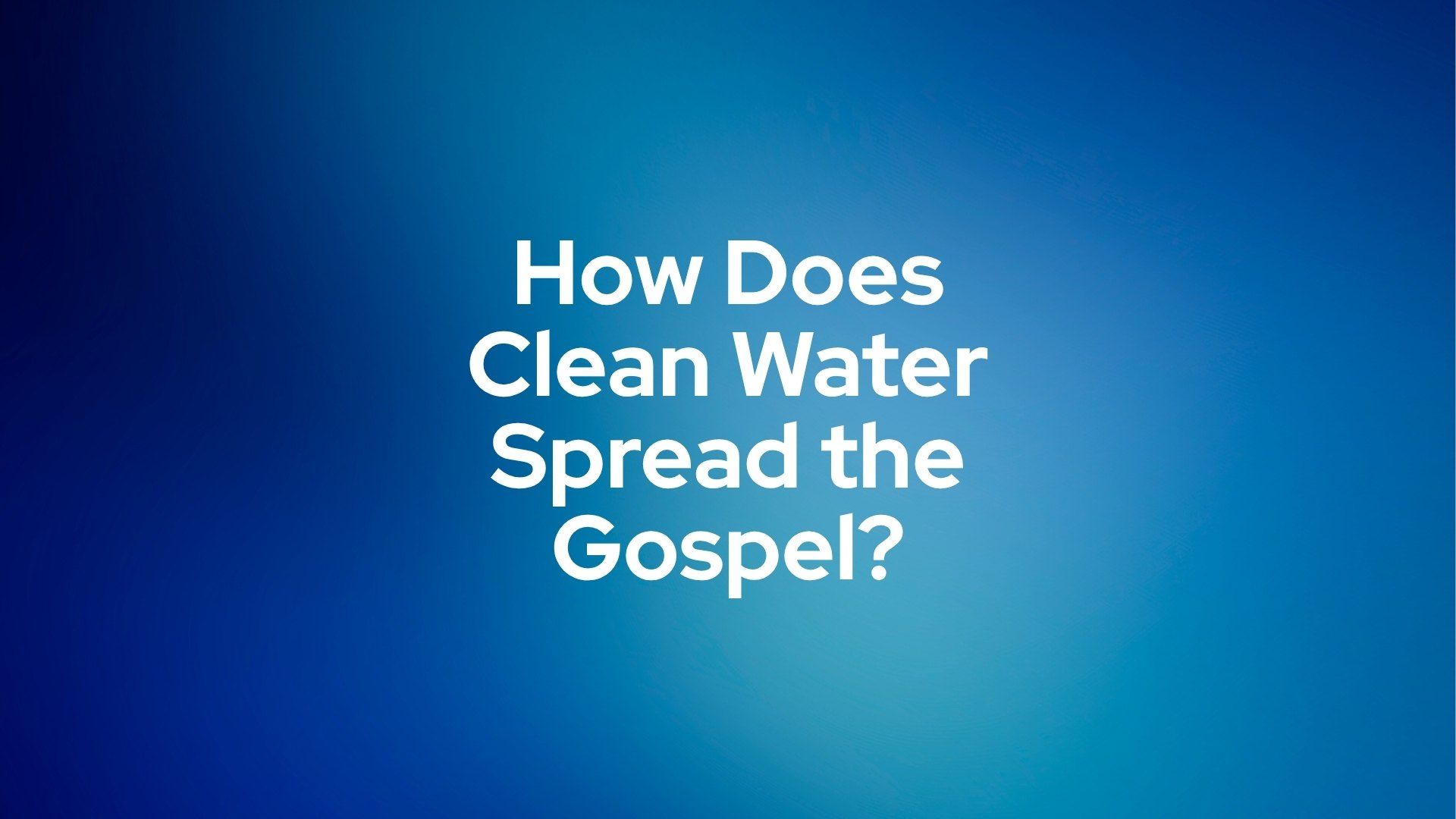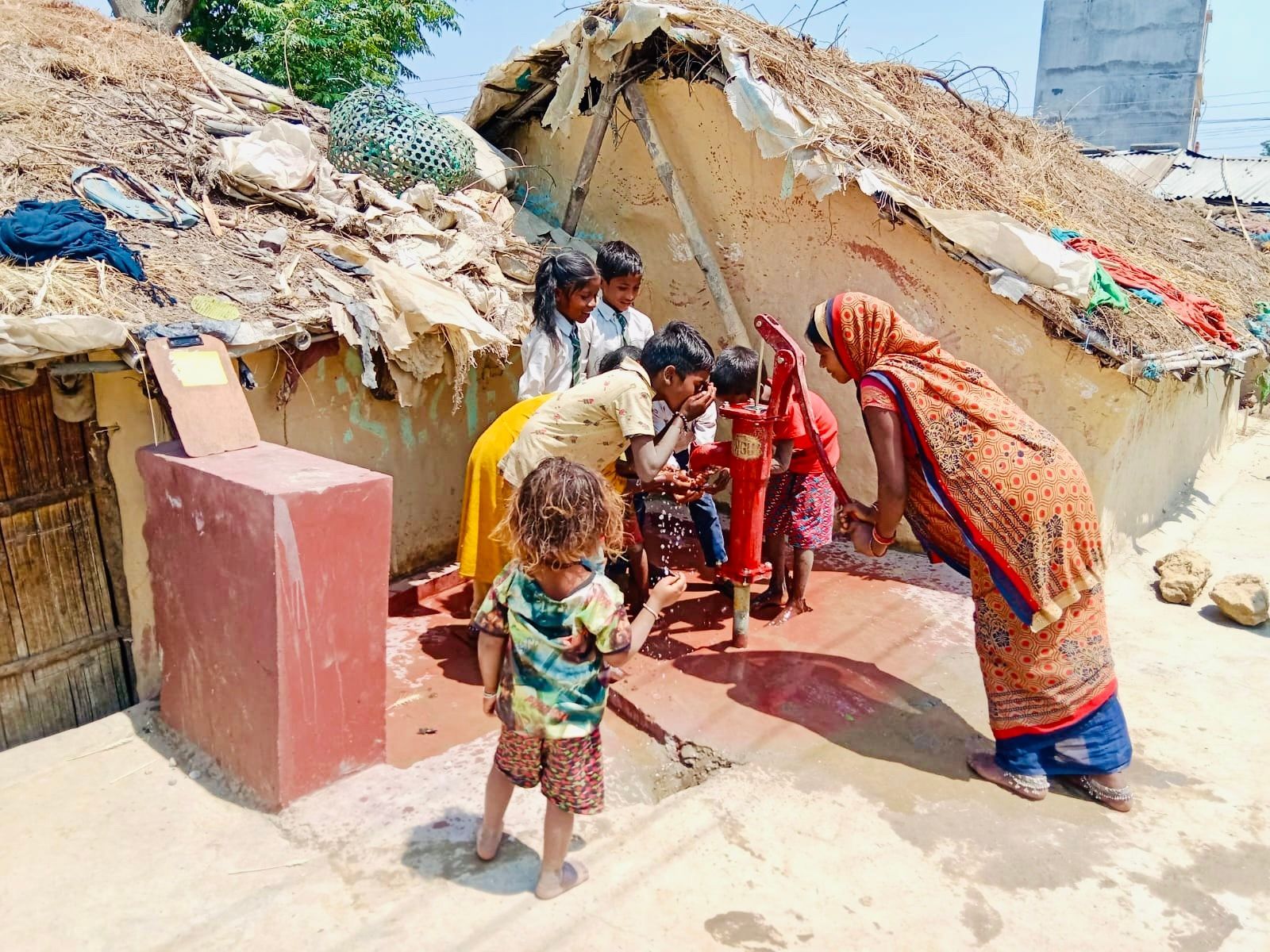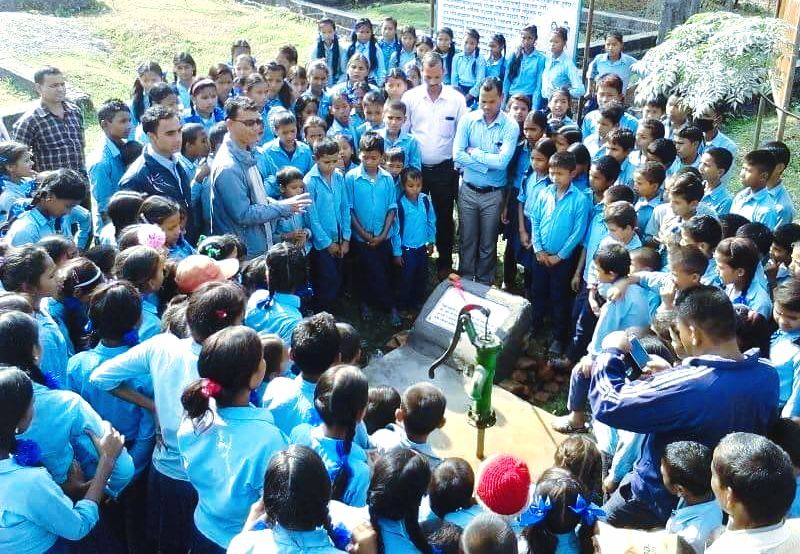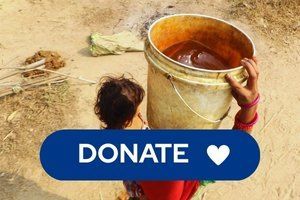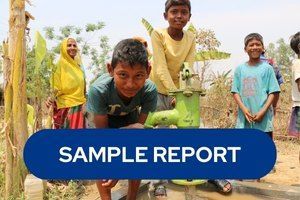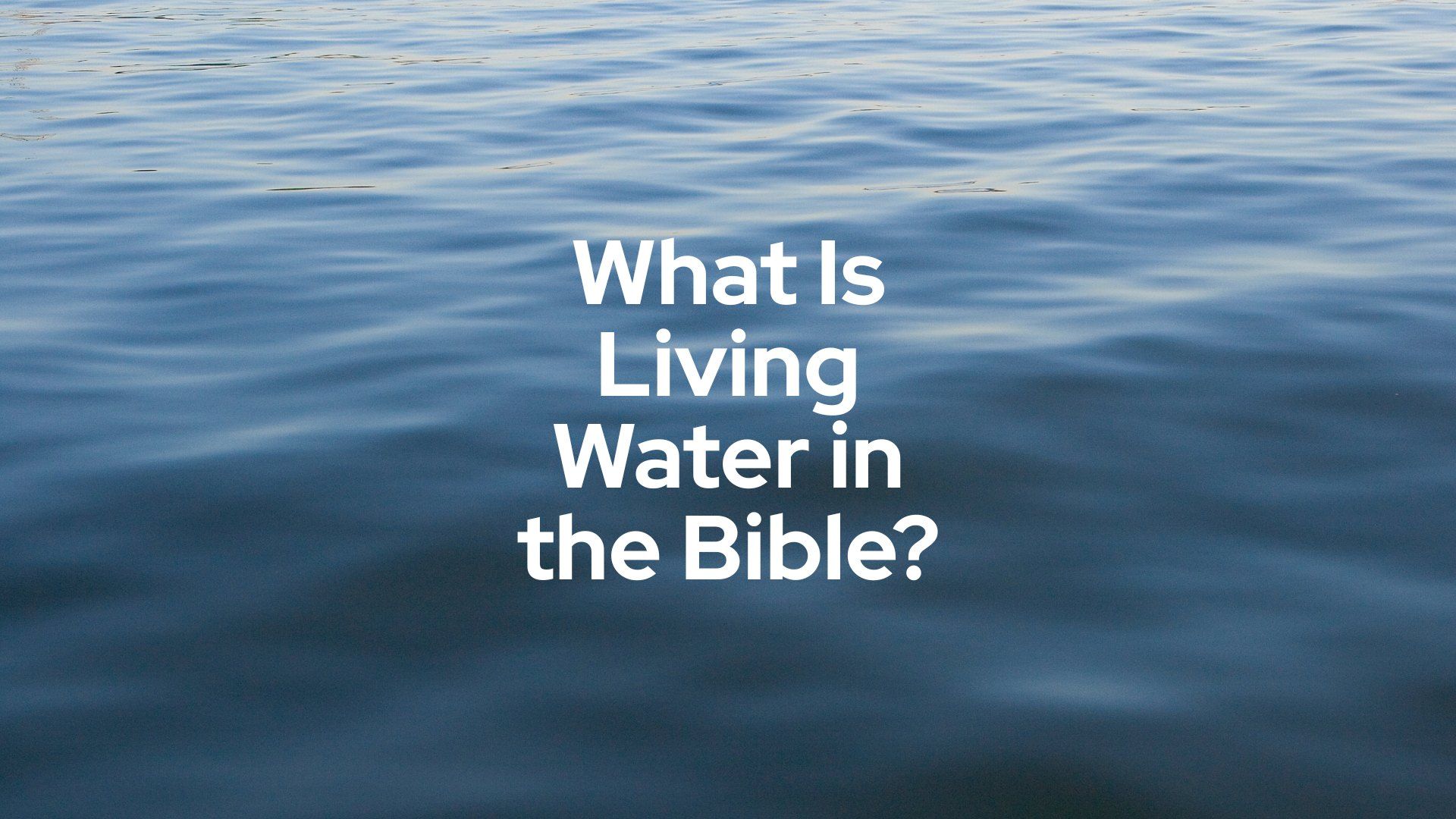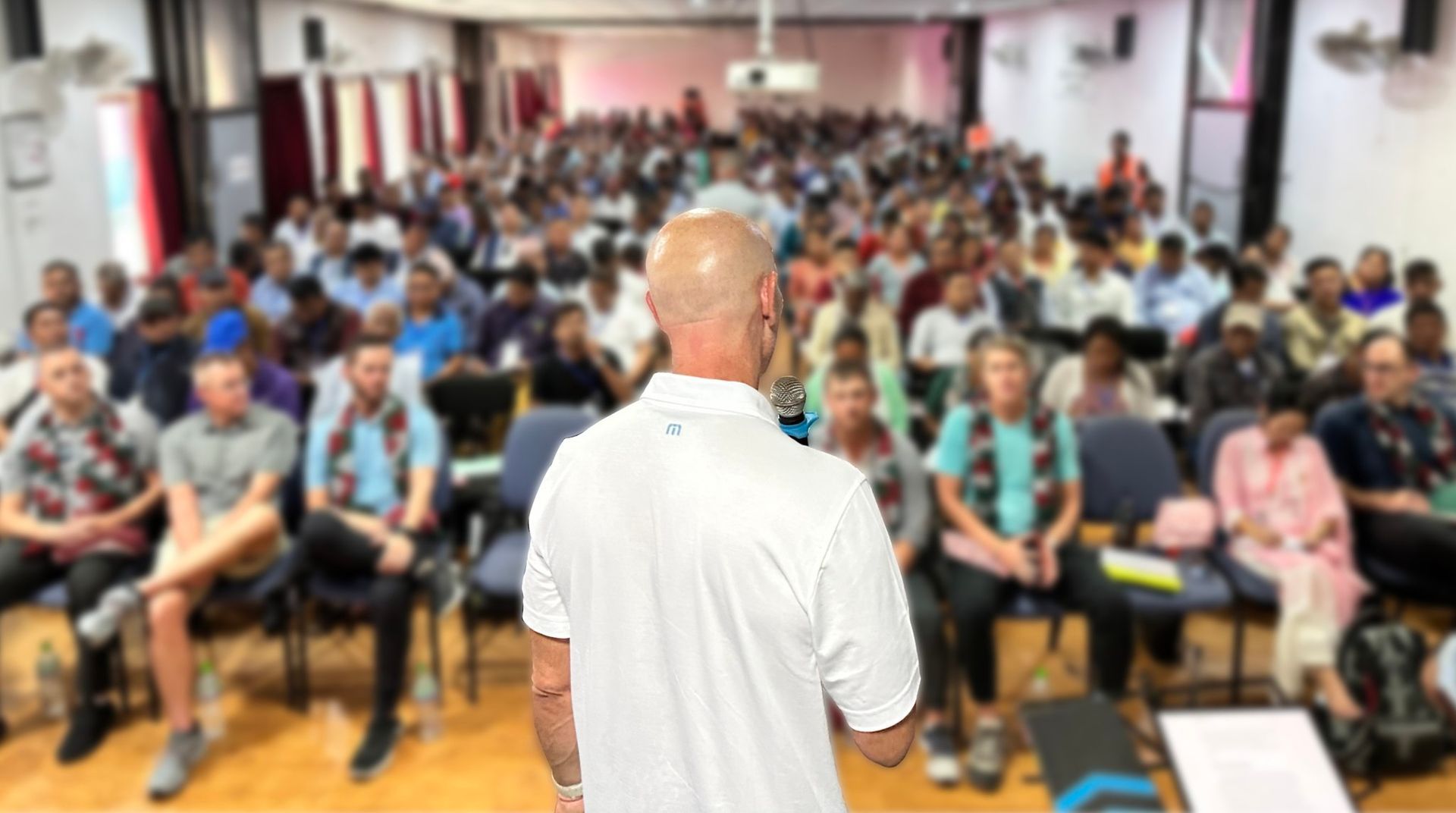Ways to Make a Difference in the World
Jesus is the living water
But do you know that BILLIONS of people don't have access to clean water? Start here →
Newsletter Subscription
When asked about their aspirations, many people cite a desire to make a difference in the world. This sounds like an altruistic purpose; it hints at humanitarian or conservation goals, but what does it really mean? Our world is a huge, complex, and often dangerous place. How do you make a difference in the world?
How to Make a Difference in the World
Making a difference in the world can seem like an overwhelming task when you think about it. However, if you’ve ever heard the expression “think globally, act locally,” you know that it’s sometimes simplest to start by “making a world of difference” in your own community. This could mean engaging in random acts of kindness where you live, such as helping out your neighbors, making your backyard more wildlife-friendly, picking up litter, or leaving positive reviews on apps like Yelp for businesses you frequent. Even mindfully working supportive comments into your conversations with others can make the difference between a good and bad day for them.
Love Makes a World of Difference
Sometimes love itself is a way of making a difference in our world. You can find ways to support vulnerable groups or become active in your local church. You may also consider using whatever platforms of influence you have to inspire others to show love for people who most need it. The world needs acts of love now more than ever for countless reasons. Global warming is increasing natural disasters worldwide, and low-income countries suffer the heaviest losses from these. International relations are becoming more tense and violent, and domestic political divisions threaten national peace and unity.
Travel the World and Make a Difference
If you’re adventurous, you can also travel the world to make a difference. Many Christian, humanitarian, and conservationist groups organize missions in various countries. If there’s somewhere you’d especially like to visit or a particular community you’d like to help, you can do some quick internet research to see how to get involved with an organization that aligns with your values and interests. However, even traveling the world with the simple intention of learning about other cultures (and representing your own to others) will give you more of a global perspective, and this is a meaningful goal as well.
Support Nonprofits That Make a Difference
Whether you’re at home or abroad, you can always support nonprofit organizations that make a difference in the world. You can do this by volunteering your time or making donations to a nonprofit or charity of your choice. It doesn’t matter if it’s a small stand-alone group or a local chapter of a larger organization, your effort is still helping to better the world. If possible, maximize your impact by choosing a group that makes a difference in the world in more than one way.
At Quenched, we want to make a difference in the world and know you do, too. One of the ways we do that is by helping those in need in India and Nepal. We work to give the people of Nepal and India hope by offering them clean water and the life-changing message of Jesus Christ. Find out how you can help us make a difference and bring clean water to these communities today!
Impact in your inbox
Jesus is the living water, yet BILLIONS of people don't have access to clean water. Start here!
Newsletter Subscription

